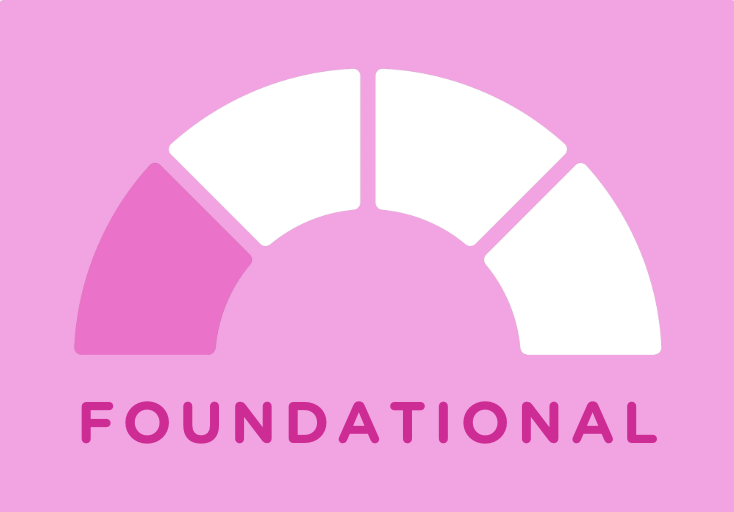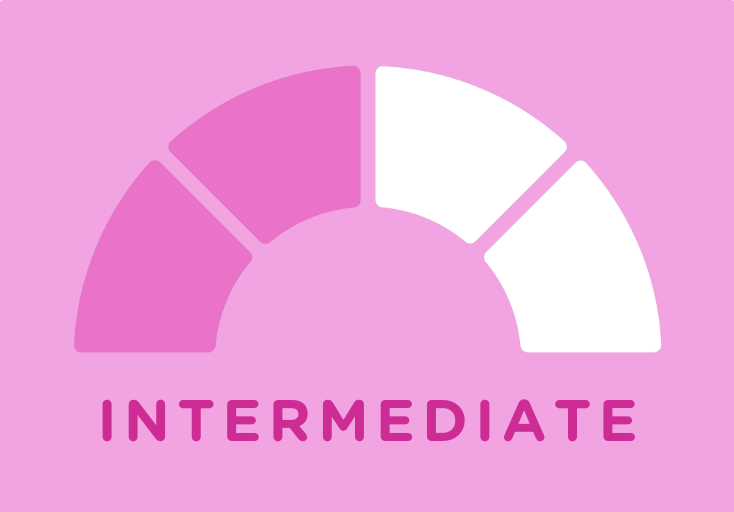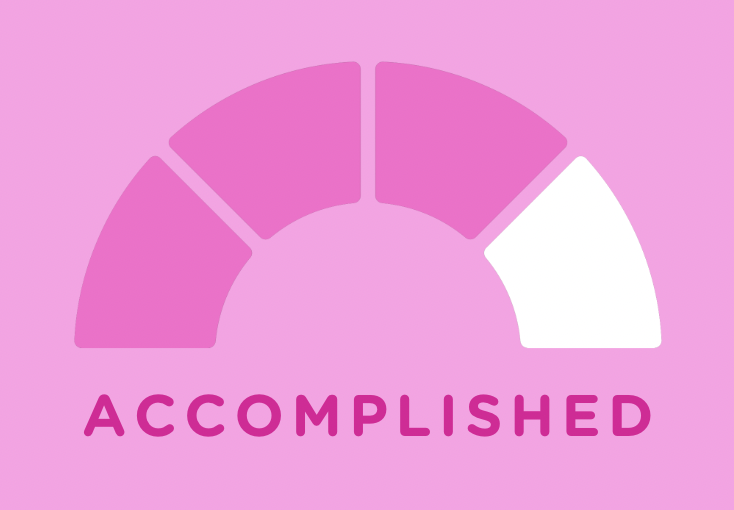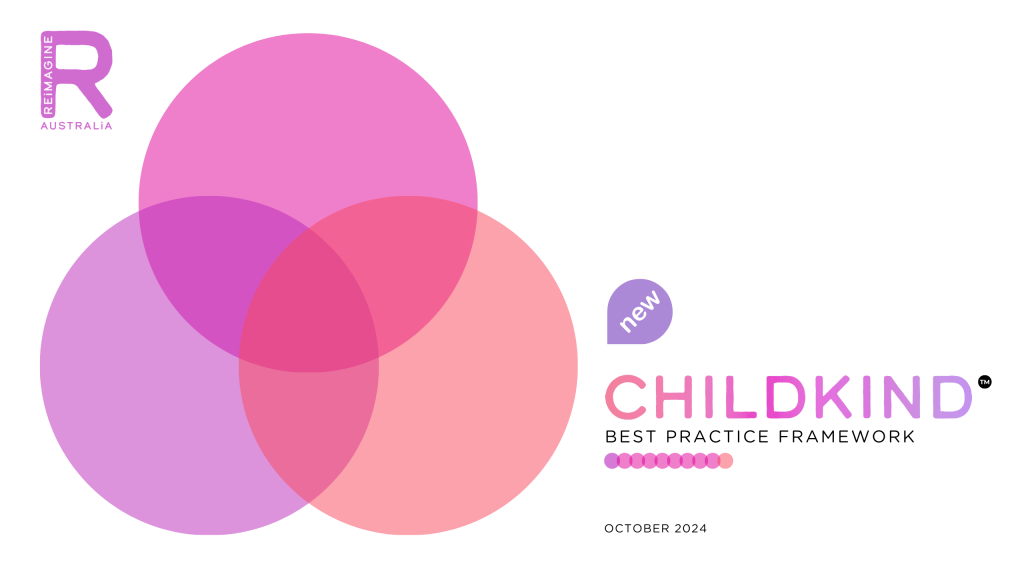KEY COMPETENCY 4.2 – INDIVIDUALISE MY APPROACH
“I will consider all aspects of a child’s and family’s environment and identity in planning supports.”
Ecological and Intersectional Approach is the second competency under the ‘Centre Me and My Family’ Way of Working, and relates to the ‘design and delivery of services and supports‘ phase of the child’s early developmental support journey. It is important for:
Holistic Understanding: Consider the various environmental, social, and cultural factors that influence a child’s development, ensuring comprehensive support that addresses all aspects of their life.
Tailored Interventions: Recognise the unique contexts and intersections of identity (such as culture, socio-economic status, and family dynamics), practitioners to create customised strategies that resonate with each child and family.
Promoting Equity: Fosters awareness of systemic barriers that affect children with disabilities, to guide advocacy for equitable access to resources and support.
Collaboration: Encourages collaboration across service providers, ensuring coordinated efforts to meet the multifaceted needs of children and families.
The ecological and intersectional approach recognises that a child’s development is influenced by multiple factors, including family, community, culture, and identity. Practitioners must consider these intersecting influences when planning and providing support, ensuring that interventions are sensitive to the child’s environment and lived experiences (Bronfenbrenner, 1979; Crenshaw, 1991).
Bronfenbrenner’s Ecological Systems Theory highlights the importance of considering all aspects of a child’s environment in supporting their development (Bronfenbrenner, 1979). Intersectionality, as outlined by Crenshaw (1991), provides a framework for understanding how overlapping identities (such as race, class, gender, and disability) shape the experiences of children and their families.
Research and Further Reading:
Bronfenbrenner, U. (1979). The ecology of human development: Experiments by nature and design. Harvard University Press.
Crenshaw, K. (1991). Mapping the margins: Intersectionality, identity politics, and violence against women of color. Stanford Law Review, 43(6), 1241-1299
Kumar, M., & Hashmi, Q. (2021). Addressing intersectionality in early childhood education: A framework for inclusive practice. International Journal of Early Childhood Special Education, 13(2), 456-471. https://doi.org/10.20489/intjecse.822759
Beneke, M. R., et al. (2020). Practicing inclusion, doing justice: Disability, identity, and belonging in early childhood. Review of Research in Education, 44(1), 179-206. https://doi.org/10.3102/0091732X20907334
COMPETENCY MILESTONES

I am able to:
Recognise the importance of considering a child’s and family’s environment and identity in planning supports.
Gather and incorporate information about the child’s immediate environment and family context.
Show awareness of the diverse backgrounds and identities of children and families.

I am able to:
Consistently consider a wide range of environmental and identity factors in planning supports for children and families.
Actively seek out and incorporate detailed information about the child’s broader environment, including cultural, social, and economic contexts.
Apply intersectional principles to understand how various aspects of identity (e.g., race, gender, disability) interact and impact the child’s and family’s experiences.

I am able to:
Demonstrate deep understanding and application of ecological and intersectional principles in all planning and support activities.
Integrate comprehensive information about the child’s and family’s environment and identity into tailored support plans.
Provide guidance and mentorship to colleagues on incorporating ecological and intersectional approaches in their practice.

I am able to:
Lead the development and implementation of organisational strategies that prioritise ecological and intersectional approaches in service delivery.
Advocate for policies and practices that address the diverse needs and identities of children and families.
Mentor and train staff to ensure a high level of competency in applying ecological and intersectional approaches, fostering a culture of inclusivity and holistic support.
Reflection questions are a valuable tool for practitioners, promoting self-awareness, critical thinking, continuous improvement, and stronger relationships in their work with children and families. Below are some reflection questions for Key Competency 4.2: Ecological and Intersectional Approach:
Have I considered the child’s home, cultural, and community contexts in my planning?
How do the family’s intersecting identities influence their experiences and needs?
What adjustments have I made to ensure my support is culturally and environmentally relevant?
An ecological and intersectional approach to support ensures that practitioners honour the complexities of each child’s lived experience, creating a truly inclusive practice.
(Crenshaw, 1991, p. 1245).
Access more information on the ChildKind Best Practice Framework with its 10 Ways of Working, 30 Key Competencies and 8 supporting Values and Behaviours here:
